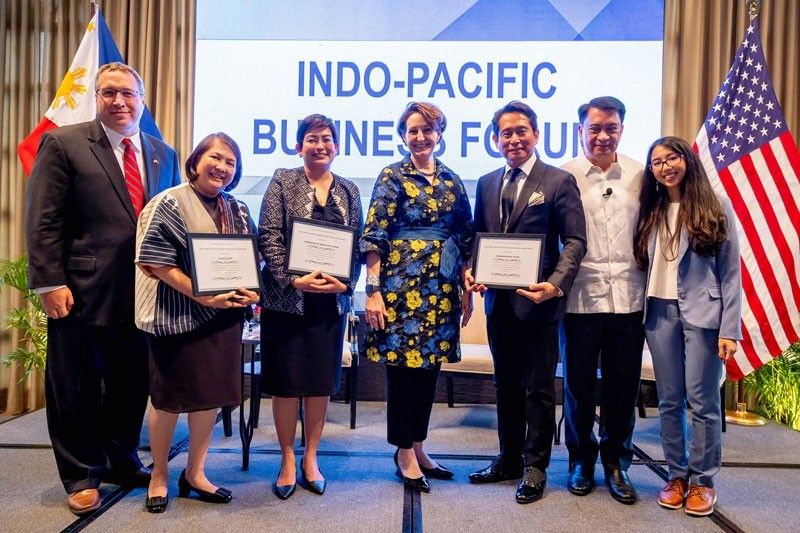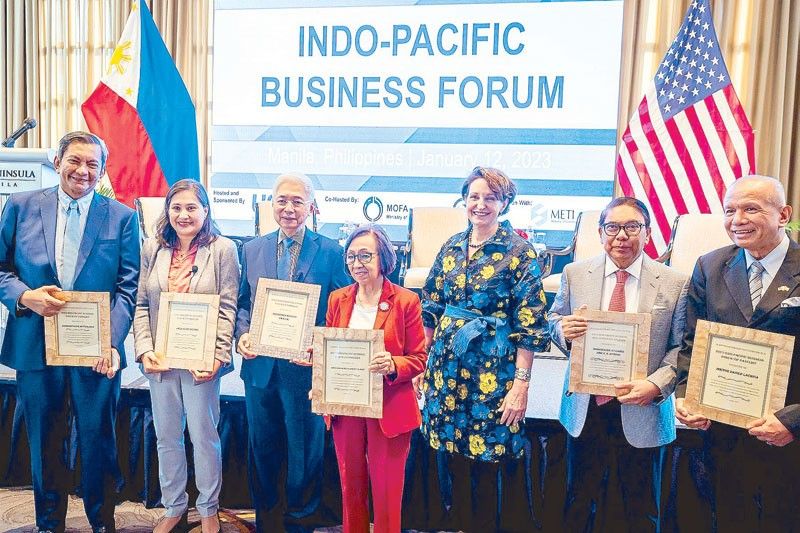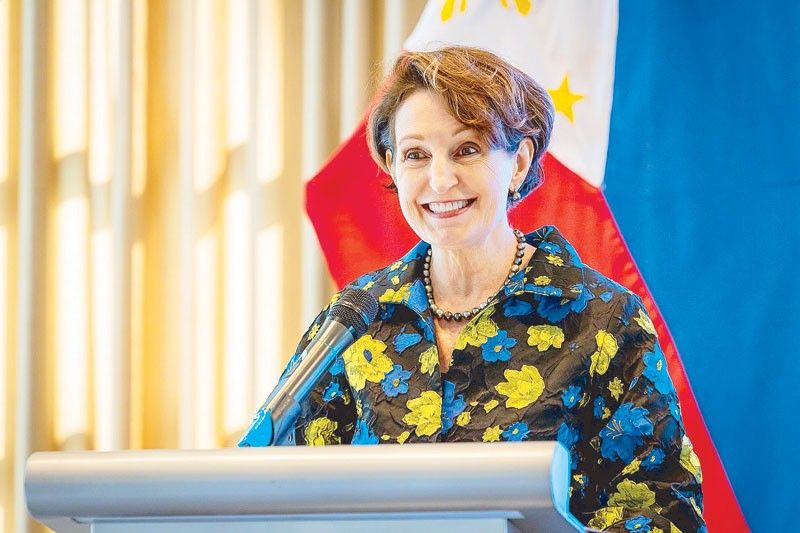Addressing critical mineral supply chain for just transition

It is a well-established fact that the Philippines is ranked as the fifth most mineralized country in the world with untapped reserves estimated at $1 trillion dollars — nearly three times the country’s GDP in 2021. In terms of global prospectivity, the Philippines ranks third in gold, fourth in copper, fifth in nickel, and sixth in chromite.
From the mid-1980s, the following — the global oil crisis, the end of parity rights with the US, the decline of metal prices, and the Philippines’ overwhelming debt burden — drove practically all sectors of the economy off course, including mining. In addition, mining took several big hits in the span of nearly a decade from 2012 in the form of policy roadblocks, near-arbitrary closure and suspension orders, and a new tax rate that made the mining fiscal regime among the highest in world.
Consequently, mining’s contribution to total exports plummeted from, at its peak, 21 percent in 1985 to below eight percent in 2020. Mining’s contribution to GDP, meanwhile, dropped from 2.16 percent in 1985 to 0.6 percent in 2020.
I have often said that mining, or mineral resource development, can be a viable economic driver if allowed to flourish. And this was very evident when the COVID-19 pandemic struck and a lockdown ensued, where mining, as an export-oriented business that was exempted from business closure or suspension under quarantine guidelines, was allowed to operate.
So much so that under the new administration of President Ferdinand “Bongbong” Marcos Jr., mining has been identified as a potential source for sustained economic growth.
Currently, critical minerals are essential inputs for clean energy technology and battery storage. As manufacturers and investors seek to diversify their supply chains amid increased demand, countries with significant but largely untapped mineral reserves like the Philippines have the potential to become key markets supporting diversified, reliable supply chains.
Just recently, I had the honor of being invited, as the chairman of the Chamber of Mines of the Philippines (COMP), by the Embassy of the United States of America to an Indo-Pacific Business Forum, as part of a panel discussion on supporting critical mineral supply chains for a just transition.
This panel discussion explored best practices for managing environmental and social impacts associated with increased mining activity while ensuring benefits are equitably distributed to impacted communities, including women and indigenous populations.

The panel was ably moderated by the highly astute and intelligent lawyer Patricia Bunye, senior partner of Cruz Marcelo & Tenefrancia law offices and head of its Mining and Natural Resources Department and Energy Practice Group.
Joining me on the panel were heavyweights in their respective areas of expertise: Finance Undersecretary Dr. Cielo Magno, a respected member of the academe; and JB Baylon, senior vice president for Sustainability, Public Affairs, and Communications, and chief sustainability officer of Nickel Asia Corp. (NAC). NAC has been reaping several prestigious awards because of how they operate and deal with stakeholders.
Our discussion revolved around an overview of the Philippines’ mining sector; Philippines supply chain aspirations and the policies and regulations for minerals, investments in downstream industry such as refining; how mining companies and affected stakeholders can protect the environment and support sustainable community development, particularly for women and indigenous people; supporting worker rights, fair labor practices, and livelihoods; challenges in mining, including environmental impact, unregulated small-scale and artisanal mining, labor practices; international standards such as the Extractives Industry Transparency Initiative (EITI) and Towards Sustainable Mining (TSM); and opportunities for foreign investors in mining and associated sectors.
With the plethora of topics discussed, I think it was fair to say that we did not have enough time to dig into the wealth, no pun intended, of points that needed to be considered to move the industry forward to meet the global demand.
Indeed, in the same forum itself, Finance Secretary Ben Diokno said that the Philippines looks to the mining industry as having “the greatest potential to be a key driver in country’s recovery and long-term growth, along with the industries of semiconductor and electronics, and renewable energy.” This was said in the context of the Indo-Pacific Economic Framework for Prosperity (IPEF) that US President Joe Biden launched in May 2022 during his visit to Japan.

Likewise, Sen. Imee Marcos, the President’s sister and chair of the Senate Committee on Foreign Affairs, stressed the urgent need to produce organic and dynamic policies that should meet emerging threats as well as opportunities head-on for this just transition to take place.
That should serve as both inspiration and challenge to us. Time to roll up our sleeves and start digging.

- Latest





























